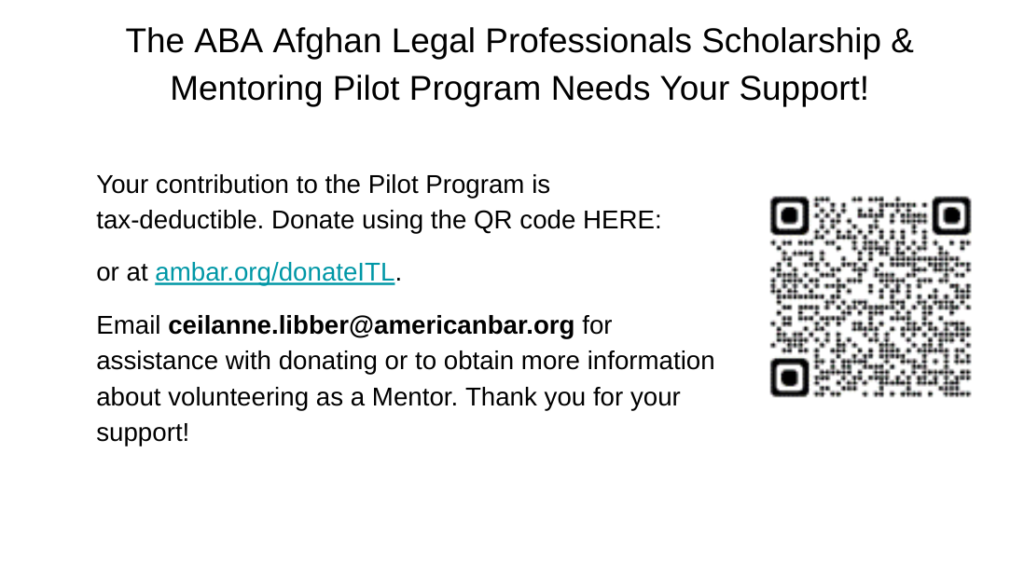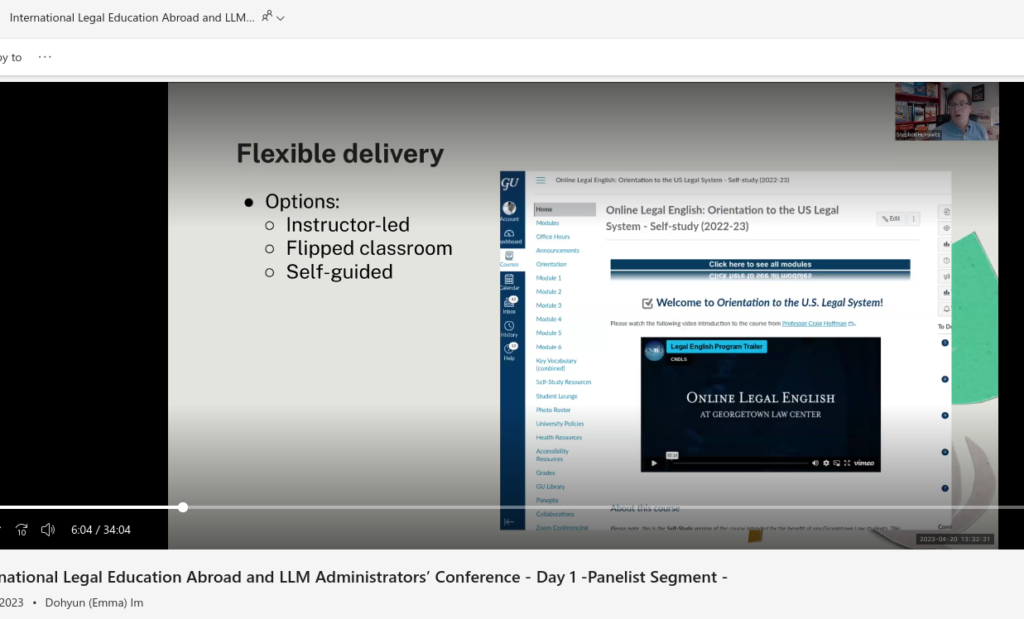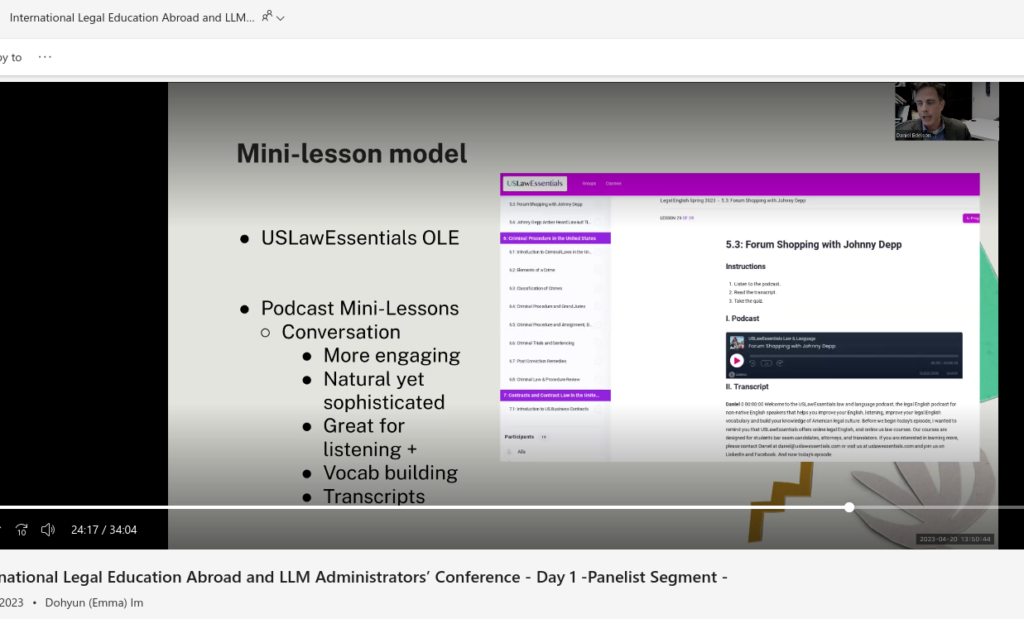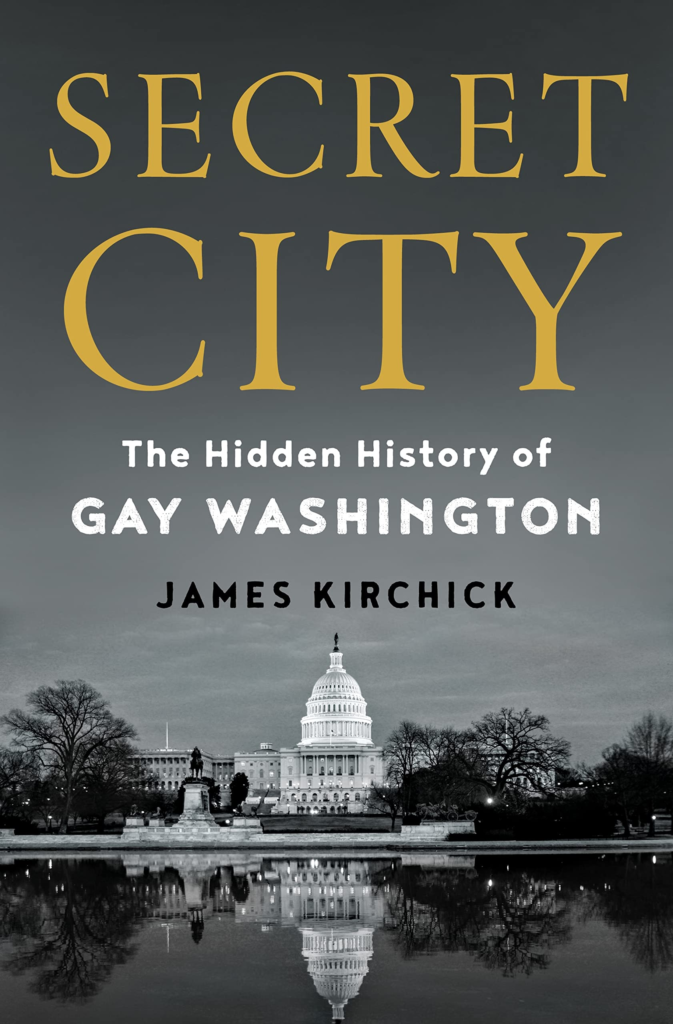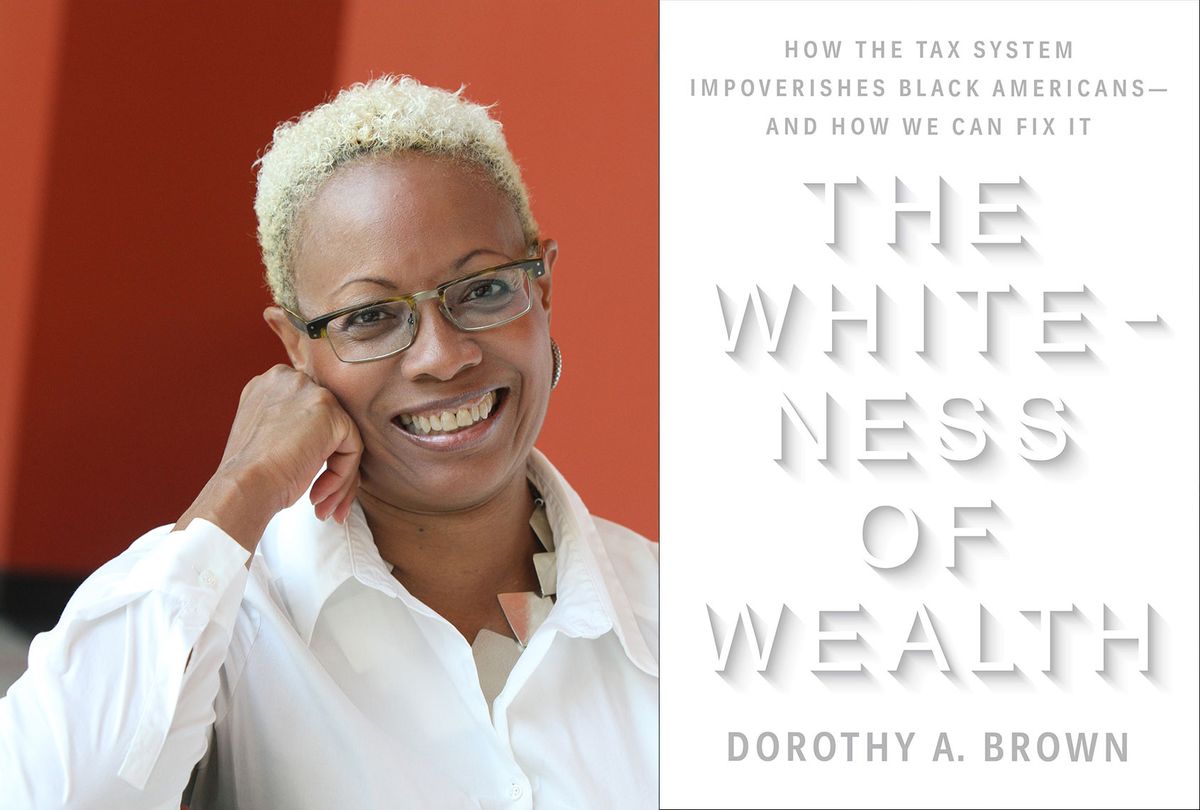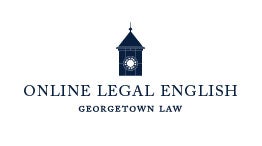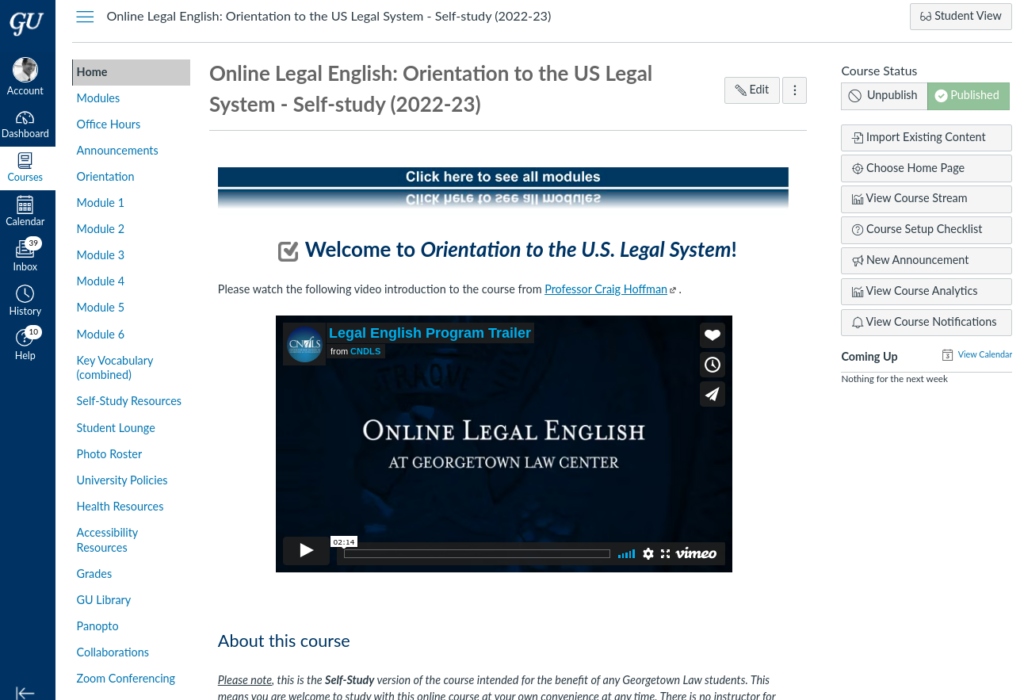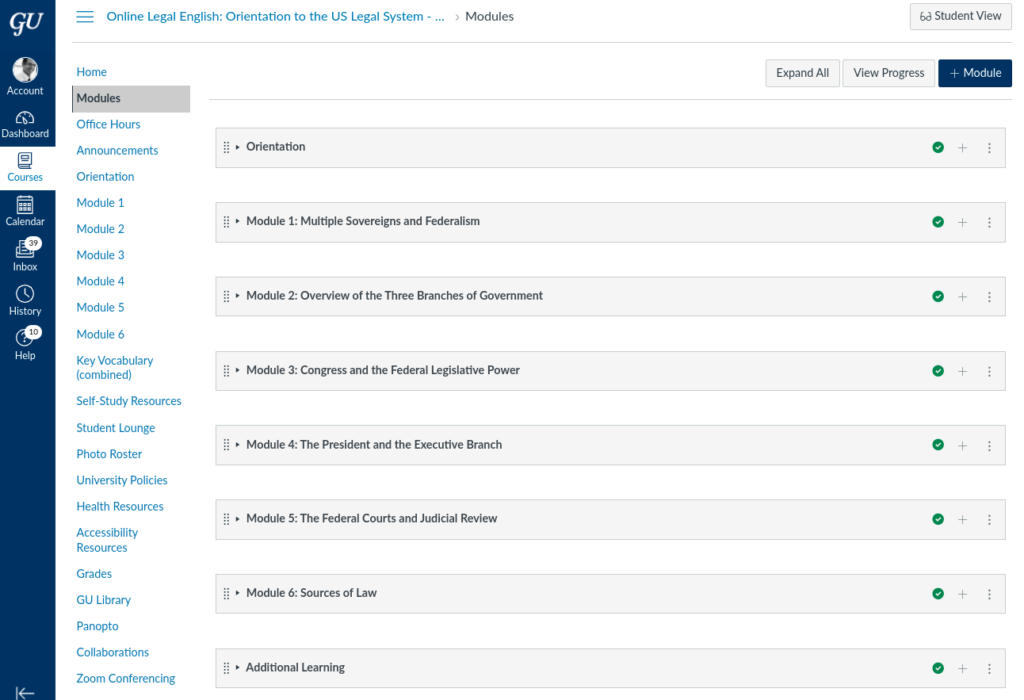Post by Prof. Stephen Horowitz, Legal English Lecturer.
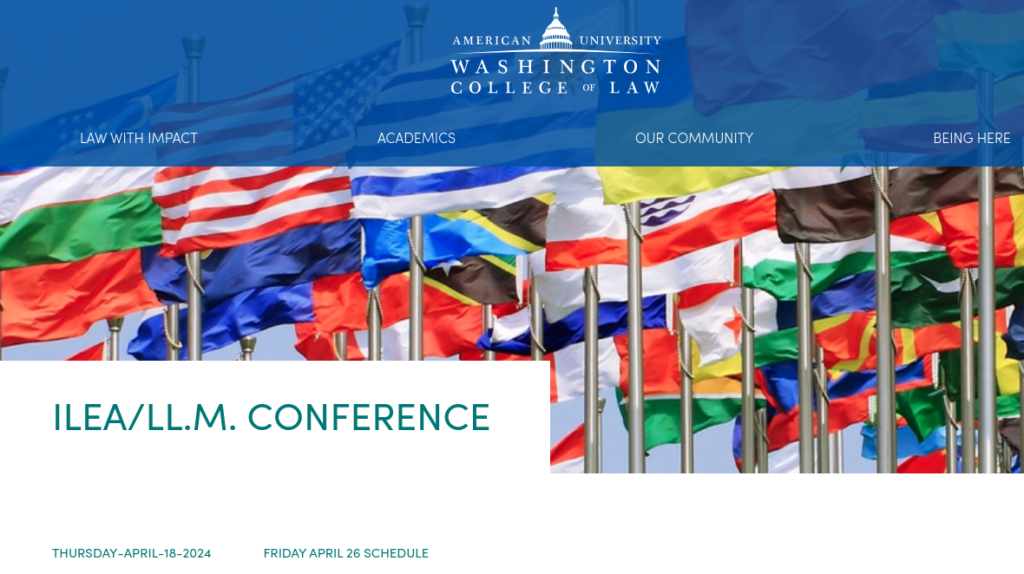
I was honored to have the opportunity to present last week on a panel titled “Legal English Assessment & Refugee Afghan Judges and Lawyers: A Case Study“ as part of the 2024 ILEA/LL.M. Online Conference (ILEA/LL.M. = International Education Abroad and Administrators of LLM Programs) hosted by American University Washington College of Law and put on by the organizing committee of Melanija Radnovic (American University Washington College of Law), Diane Edelman (Brooklyn Law School), Jenny Hutcherson (Cornell Law School), Karen McMichael (Temple University Beasley School of Law), and Joshua Alter (Northwestern Pritzker School of Law).
[Link to presentation slides] [Link to video recording] [Link to audio transcript]
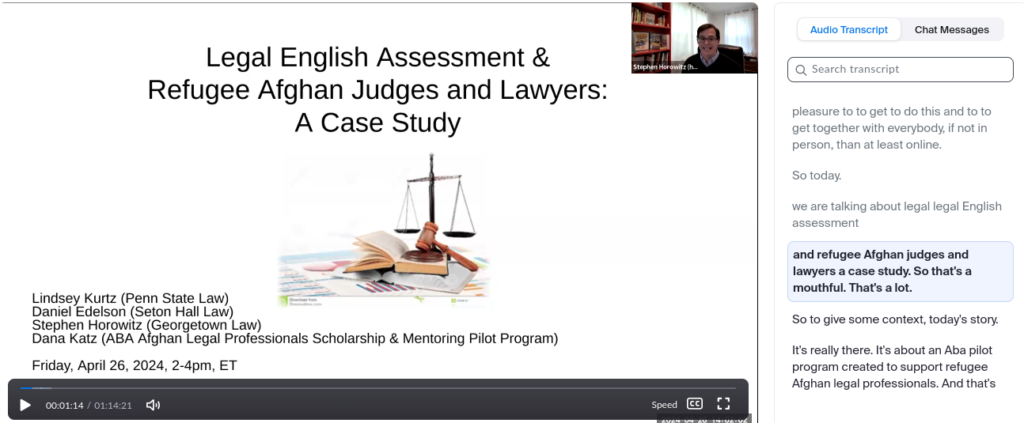
In addition to me, the panel included:
- Dr. Lindsey Kurtz, PhD Applied Linguistics, Director of Legal English Certificate Program and Legal English Specialist at Penn State Law.
- Prof. Daniel Edelson, Director of Academic Success at Seton Hall Law and Founder of USLawEssentials LLC.
- Dana Katz, Vice Chair, Afghan Legal Professionals Resettlement Task Force, American Bar Association (ABA) International Law Section (ILS).
The presentation described efforts by Prof. Edelson, Dr. Kurtz, and me to develop a better approach to legal English assessment for law school purposes, and the intersection with the ABA Afghan Legal Professionals Scholarship & Mentoring Pilot Program (the “Pilot Program”), led by Michael Byowitz and Dana Katz, the Chair/Founder and the Vice-Chair respectively of the ABA Afghan Legal Professionals Resettlement Task Force, which administers the Pilot Program. The program was in need of language assessment support to help it guide former Afghan judges and lawyers in re-establishing their careers in the United States, a common path being matriculation in a one-year LL.M. program at a US law school followed by the taking of a bar exam.
Between August 2023 and April 2024 we conducted over 20 legal English assessments using an approach designed with the help of Dr. Kurtz’s expertise based on a variety of underlying principles and best practices which Kurtz detailed in the presentation.
About halfway through the assessment process, the Pilot Program also communicated a need for pre-LL.M. Legal English support to help the Afghan legal professionals improve their language and knowledge in connection with the US legal education system. This led to the creation of a self-guided online Legal English program comprised of six modules on Edelson’s USLawEssentials learning management platform, which has proved to be a hit with the Afghan legal professionals.
The takeaways from the presentation were that the collaboration has been extremely effective in better supporting the Afghan legal professionals, and all of us involved have greatly appreciated the opportunity to learn from each other and contribute to an innovative solution to a challenging bigger picture problem. It has also been a unique honor and pleasure to have the opportunity to interact with some of the top legal minds from Afghanistan.

We are very grateful to Prof. Radnovic and the ILEA/LL.M. Conference organizers for giving us the chance to share this experience.
******************************************************
More information here about the ABA Afghan Legal Professionals Scholarship & Mentoring Pilot Program
If you would like to make a donation to the program, you can use the link or QR code below.
